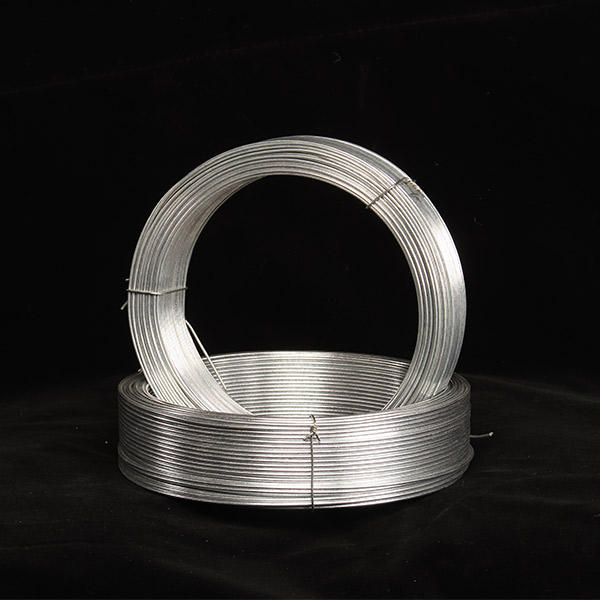Aug . 13, 2024 15:02 Back to list
China's Cold Drawn Steel Bar Industry Trends and Market Insights for Future Growth
The Significance of Cold Drawn Steel Bars in China
Cold drawn steel bars are a crucial component in various industrial applications due to their improved mechanical properties and dimensional accuracy. In China, the production and use of cold drawn steel bars have seen significant growth, driven by the country’s robust industrial sector and extensive infrastructure projects.
Definition and Production Process
Cold drawing is a metalworking process that involves pulling a steel bar through a die at room temperature, leading to enhanced strength and surface finish. The process not only reduces the diameter of the bar but also improves its tensile strength and yield strength through work hardening. The cold drawn bars produced in China often meet strict international standards, such as ASTM and ISO, ensuring they are suitable for global markets.
The production process begins with hot rolled steel bars, which are then subjected to cold drawing. This involves multiple passes through a series of dies, allowing for precise control over the final dimensions and surface properties. Following this, the bars may undergo additional processes such as annealing or surface treatments to further enhance their performance.
Applications of Cold Drawn Steel Bars
Cold drawn steel bars find extensive applications across various industries. In the automotive sector, they are used to manufacture components requiring high strength and fatigue resistance, such as axles, shafts, and connecting rods. Additionally, in the construction industry, these bars are essential for reinforcing materials like concrete, owing to their high tensile strength.
Moreover, cold drawn steel bars are also critical in the manufacturing of machined parts, fasteners, and tools. Their consistent diameters and improved surface finish contribute to more efficient machining processes and higher-quality end products.
china cold drawn steel bar

Market Dynamics in China
China is not only a major producer of cold drawn steel bars but also a significant consumer. The country's rapid urbanization and infrastructure development have spurred demand for high-quality steel products. With ongoing projects in transportation, energy, and construction, the need for cold drawn steel bars is projected to remain strong.
Furthermore, Chinese manufacturers are increasingly focusing on technological advancements to improve production efficiency and product quality. Automation and digitalization within factories are enhancing productivity while reducing waste. Moreover, with a growing emphasis on sustainability, many producers are adopting eco-friendly practices to minimize their environmental impact.
Challenges and Global Competition
Despite the growth opportunities, the cold drawn steel bar market in China faces challenges. Global competition has intensified as other countries also ramp up their production capabilities. Additionally, fluctuations in raw material prices and trade policies can impact profitability and market stability.
China’s steel industry is under scrutiny for its environmental practices. The government is enforcing stricter regulations to reduce emissions, pushing manufacturers toward greener technologies. This transition may require significant investment, but it is essential for the long-term sustainability of the industry.
Conclusion
In summary, cold drawn steel bars play a vital role in China’s industrial landscape. Their unique properties and versatility make them indispensable in a wide array of applications. As China continues to invest in infrastructure and technology, the demand for cold drawn steel bars is expected to grow. However, manufacturers must navigate challenges, including global competition and environmental regulations, to maintain their position in the market. With a focus on innovation and sustainability, the future of cold drawn steel bars in China looks promising.
-
Leading Galvanized Steel Fence Factory | Durable & Secure Fencing
NewsAug.24,2025
-
Welded Wire Mesh for Industry Factory - Durable & Custom Solutions
NewsAug.23,2025
-
Your Galvanized Steel Fence Factory - Strong, Durable Solutions
NewsAug.22,2025
-
Welded Wire Mesh for Industry: Factory Direct & Custom Solutions
NewsAug.21,2025
-
Welded Wire Mesh for Industry | Factory Direct & Durable Solutions
NewsAug.19,2025
-
Chain Link Fence-Anping County Puersen Hardware Wire Mesh Co., Ltd.|Durable Security&Versatile Applications
NewsAug.18,2025

